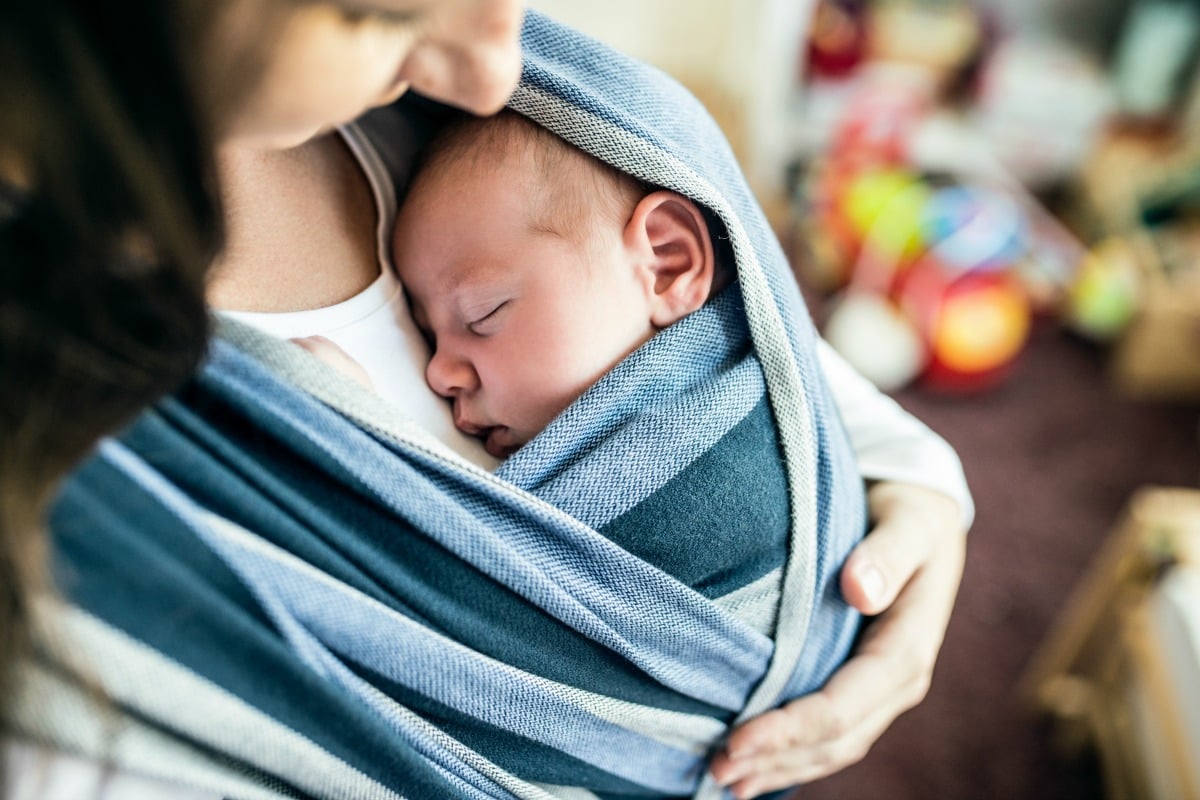

It’s heart wrenching to read about families that have lost their children to diseases like measles, whooping cough or chicken pox.
While Australia’s immunisation rates for five year olds are close to the government’s target of 95 per cent, children aged between one and two have a lower immunisation rate, with some areas as low as 79 per cent.
This puts little kids, as well as the rest of the community, at greater risk of developing very serious diseases, some of which are fatal.
Before vaccinations were really pushed in the 1960s and 1970s, thousands of Australian children used to die from diseases like whooping cough, diphtheria, and tetanus.
While it’s extremely rare to die from these diseases today in Australia, it’s important to remember that this is because of our high vaccination rates.
The National Immunisation Program (NIP) Schedule makes it easy to know exactly when to get what immunisations for your child. Missing those dates can compromise your child’s health, so it’s important to get the facts. And from a trusted source with evidence-based information, such as the Australian Department of Health’s Get The Facts website.
So, let’s talk facts. Here are the seven must-know things that we as parents need to store in our brains, to protect our kids and set our minds at ease.
Fact: Vaccination protects your children, as well as other children.
Babies can’t be immunised until they are at least six weeks old, so must rely on the protection from the community.

